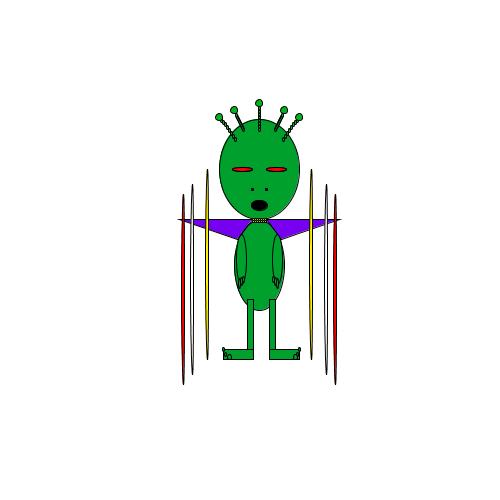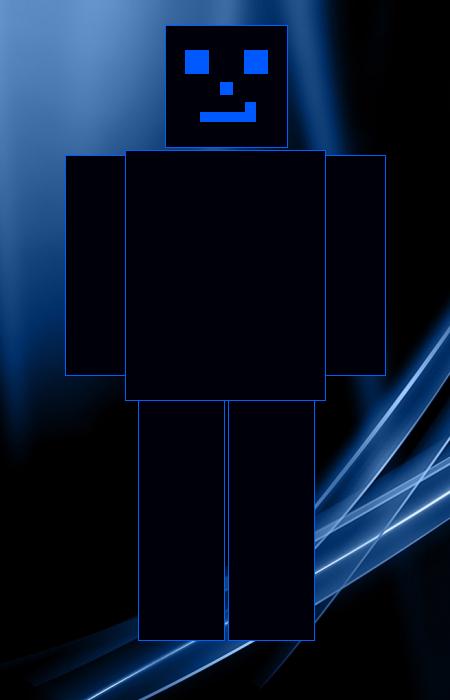Mini-Course 210: Teach Your Computer to Paint (Summer 2012)
Instructor: Hua Li (www.cgnip.com)
Assistant: Alexis Beingessner
Invited speakers: Raj Wasson (on Tuesday 9:00 to 11:00 AM) and speaker #2 Mike from Mercury Fireworks (on Tursday 9:00 to 10:00 AM)
Results from students:
----------------------------------------------------------------------------------------------------------------------------------------------------------------
The 32nd Enrichment Mini-Courses Program -EMCP 2012 is scheduled for May 7 - 11, 2012 (Orientation Day is Sunday, May 6).
http://www.carleton.ca/emcp the week of May 7-11, 2012. They are held on campus from 9 – 3 daily
Course Description:
This is a course that can be taken by anyone with an interest in art or computers. We will learn how to make digital drawings and paintings within the "processing" environment. "Processing" is an interactive system especially created for artists -- artists can work inside it to get some computer help in making animations, graphics, and even artificial life. The course will not only cover some recent concepts in computer-generated art, but will include lots of hands-on practice where participants can experiment with making their own computer art and animations as well!
2012 new codes:
Materials and hand-outs: orientation files, schedule, monster books, survey, tips for each day, reference for Processing, introduciton to Non-photorealistic rendering
------------------------------------------------------------------------------------------------------------------------------------------------------------------------------
Here are the course schedule and activities.
|
Monday |
Tuesday |
Wednesday |
Thursday |
Friday |
9:00 AM to 10: 00 AM |
Welcome and icebreaking activities, introduction to the course and processing |
invited speaker from (GIGL) for (position, coordinate, 2D, 3D) and his fun research |
image processing, stylization (watercolor, stroke, painterly, painting) |
game design |
output, libraries |
10:00 AM to 11:00 AM |
play with examples,
concepts: shapes, colors, probability |
animation |
curve arts and visualization (CLD) |
game funs |
refine project |
11: 00 AM to 12: 00 AM |
project, resources |
fractals |
particle systems (fluid and flocking), physics |
project |
evaluation |
Lunch time (12:00 to 13:00 PM) |
|
|
|
|
|
13:00 PM to 14: 00 PM |
Invited speaker (not confirmed yet),
drawing outside to find out shapes and colors |
gallery tour |
project |
project |
competition |
14:00 PM to 15: 00 PM |
take-home colorization and thinking |
project |
|
|
award |
------------------------------------------------------------------------------------------------------------------------------------------------------------------------------
Resources:
Processing resources:
- http://processing.org/
- http://openprocessing.org/
- Prcocessing and Art: http://www.artandculture.com/
- Books: lists of books and Processing for Visual Artists: How to Create Expressive Images and Interactive Art by Glassneer
- GUI libraries: fullscreen,
ControlP5
- Monsters by Lukas Vojir: http://www.rmx.cz/monsters/
- Codes provided by Professor Mould
Graphics basics:
- Books: Fundamentals of Computer Graphics by Shirley et al. and Introduction to Computer Graphics by Foley et al.
- Learning Graphics: Official slides, WISC course materials, CMU course materials
Image processing and computer vision basics:
- Books: Digital image processing by Gonzalez and Woods and Image Processing, Analysis, and Machine Vision by Sonka et al.
- Learning IP and CV: Slides, UWA slides, and UIOWA slides
NPR basics:
- Books: Non-Photorealistic Rendering by Bruce Gooch and Amy Gooch and Non-Photorealistic Computer Graphics: Modeling, Rendering, and Animation by Thomas Strothotte and Stefan Schlechtweg
- Useful link: http://www.red3d.com/cwr/npr/
Game fundamentals and design
- Game theory and fun theory
- AI
- Card games, board games, online games, mobile games, RPG games,



















